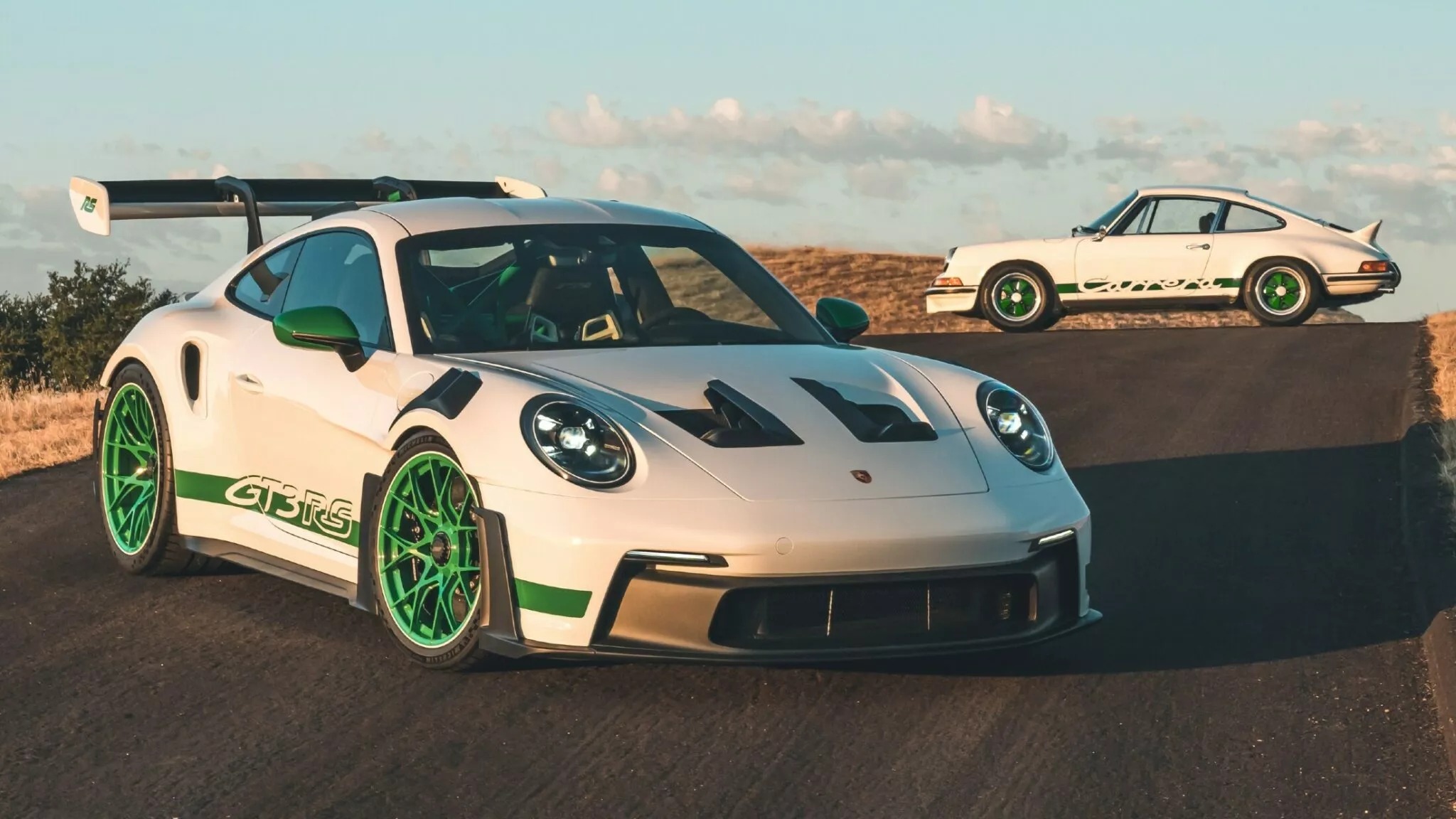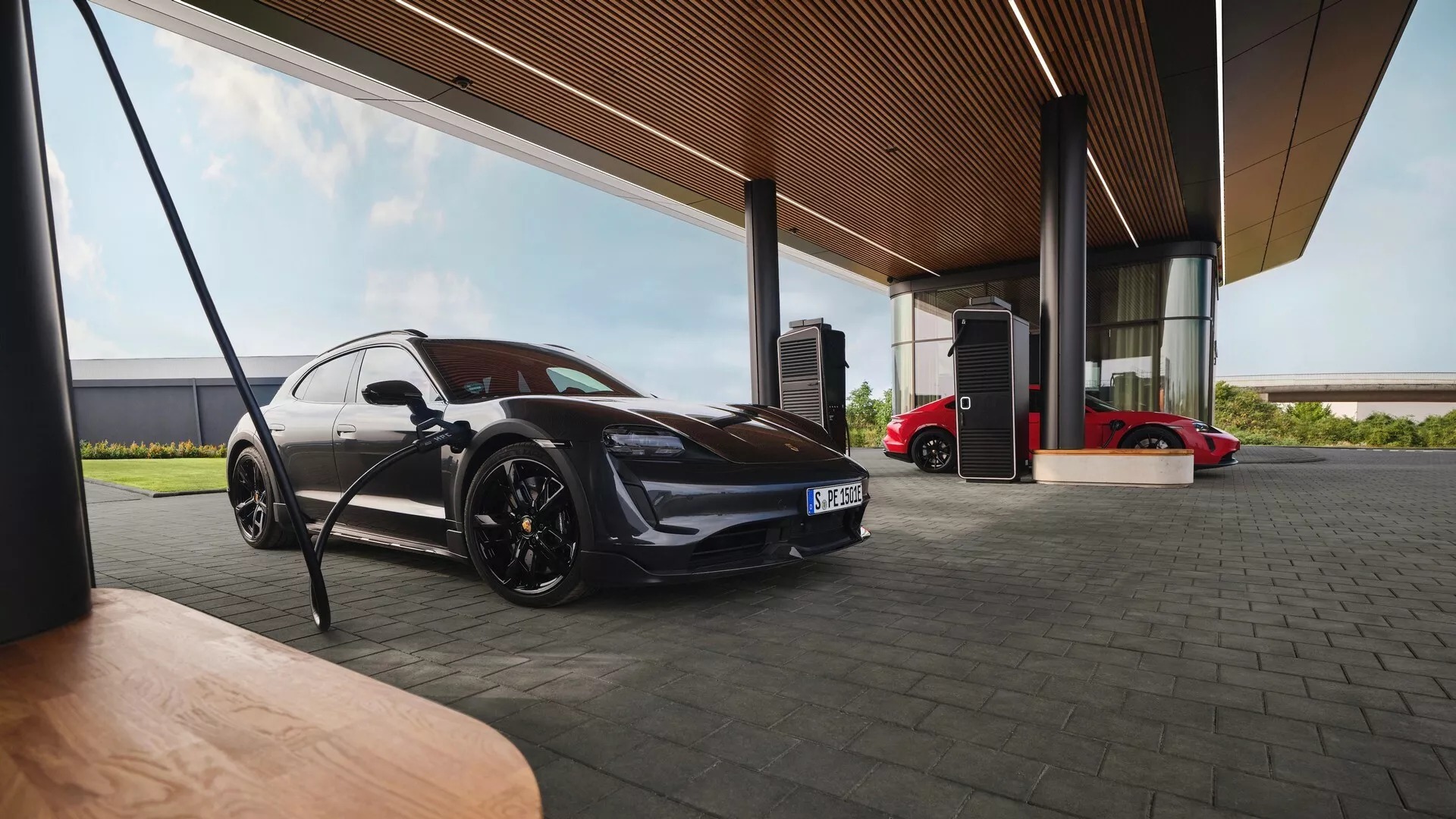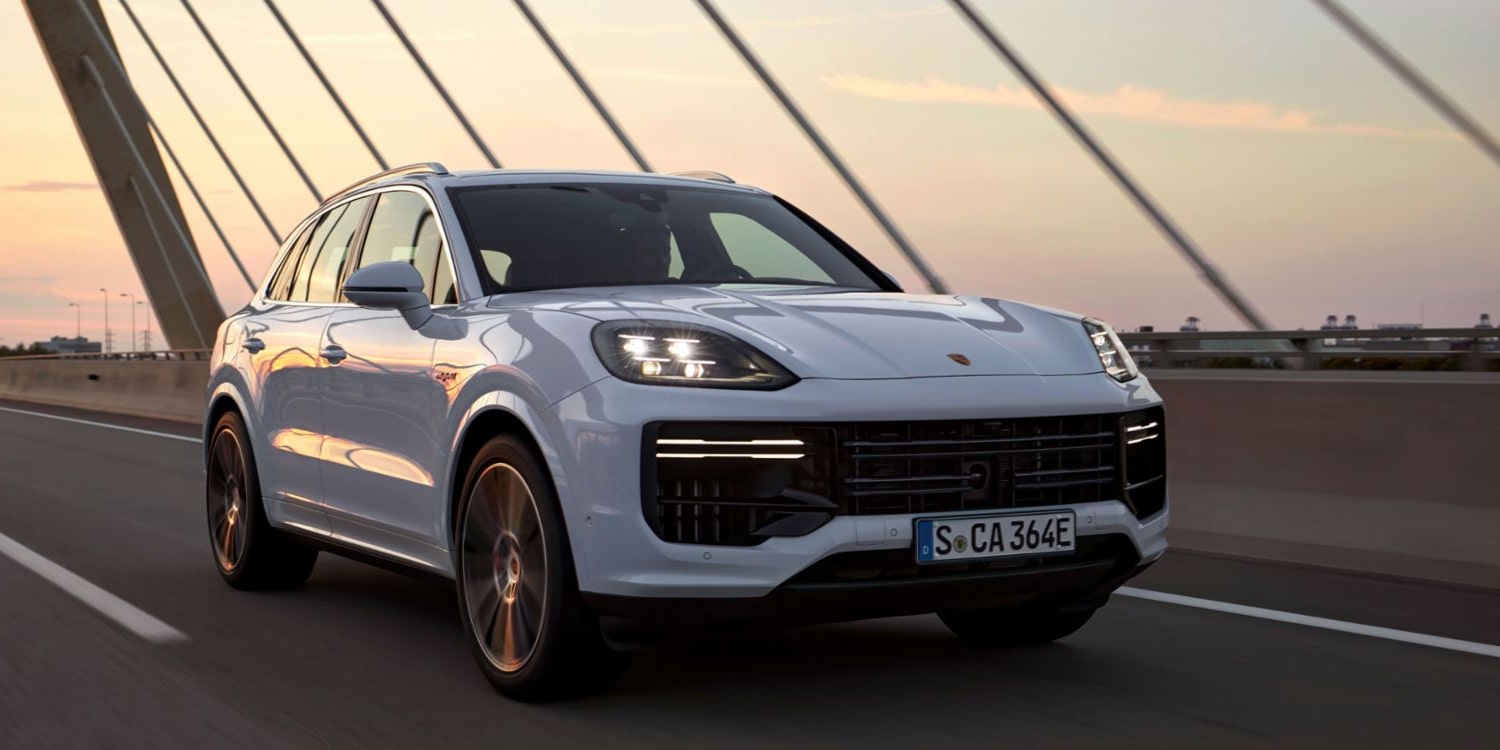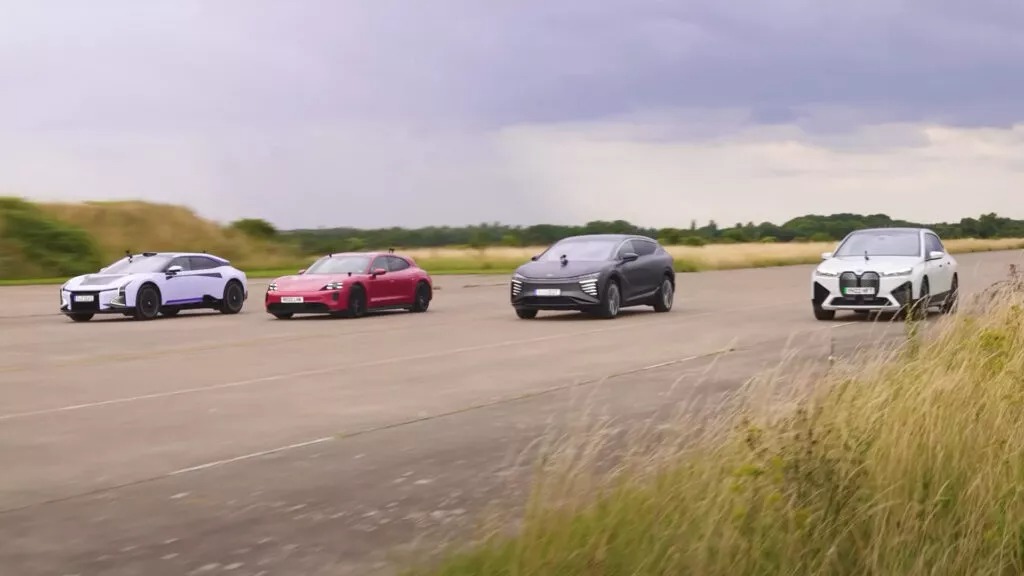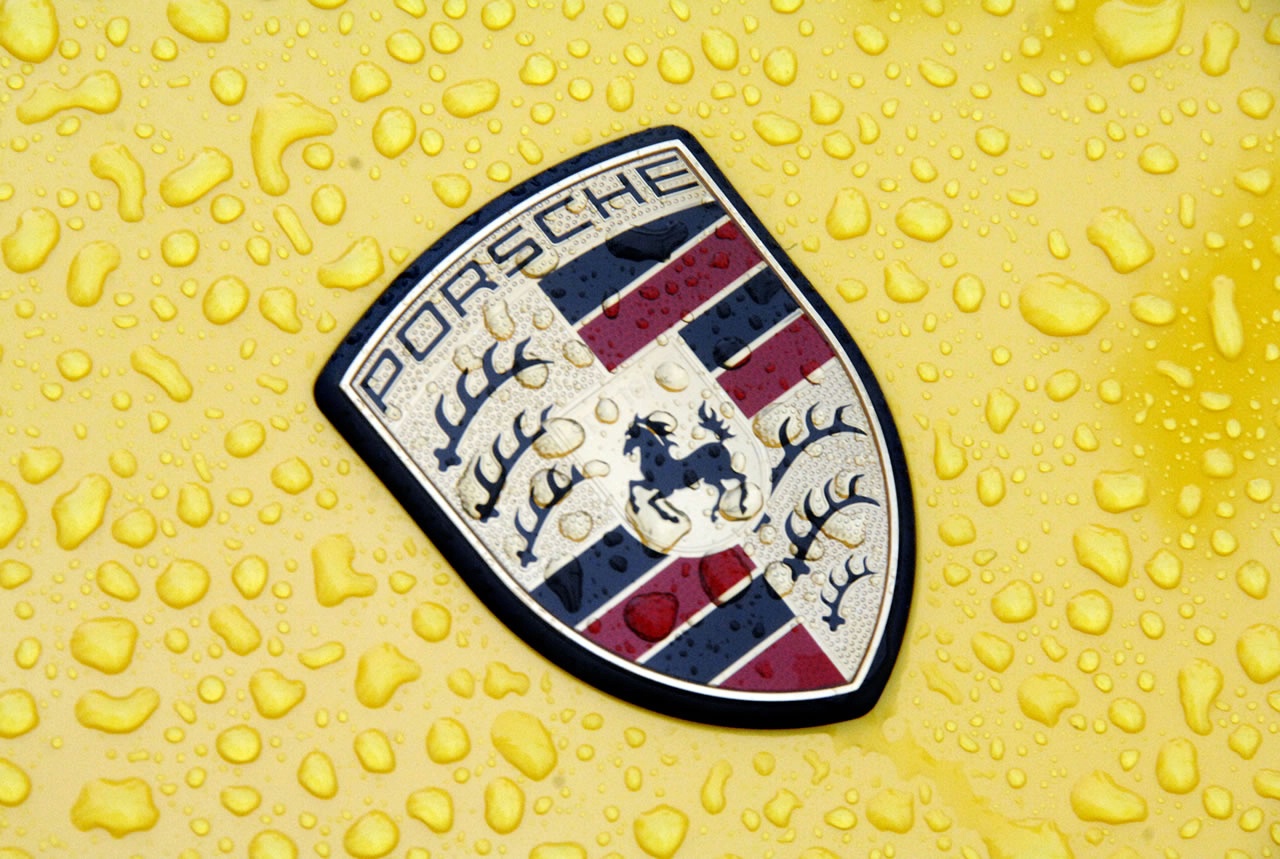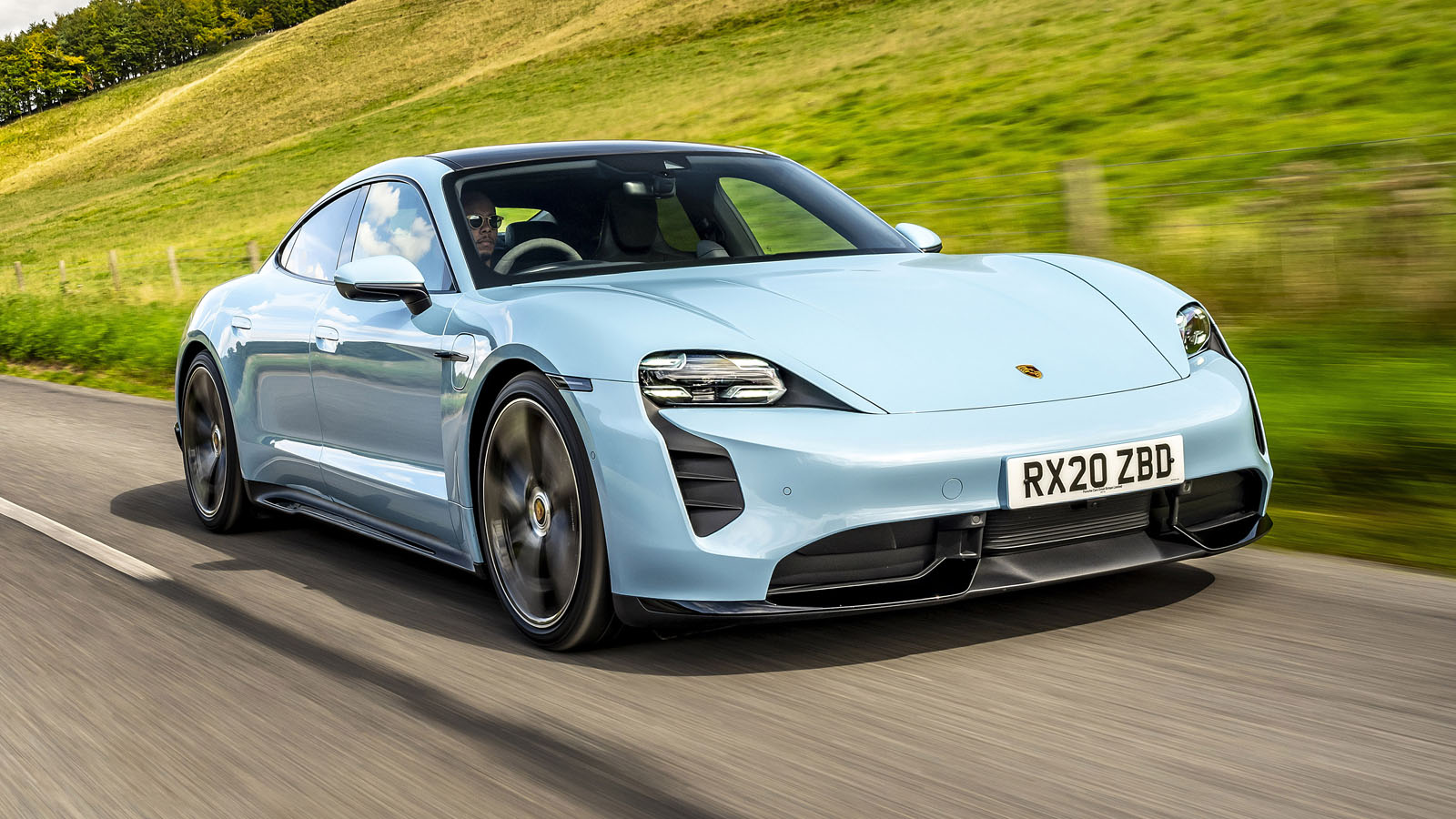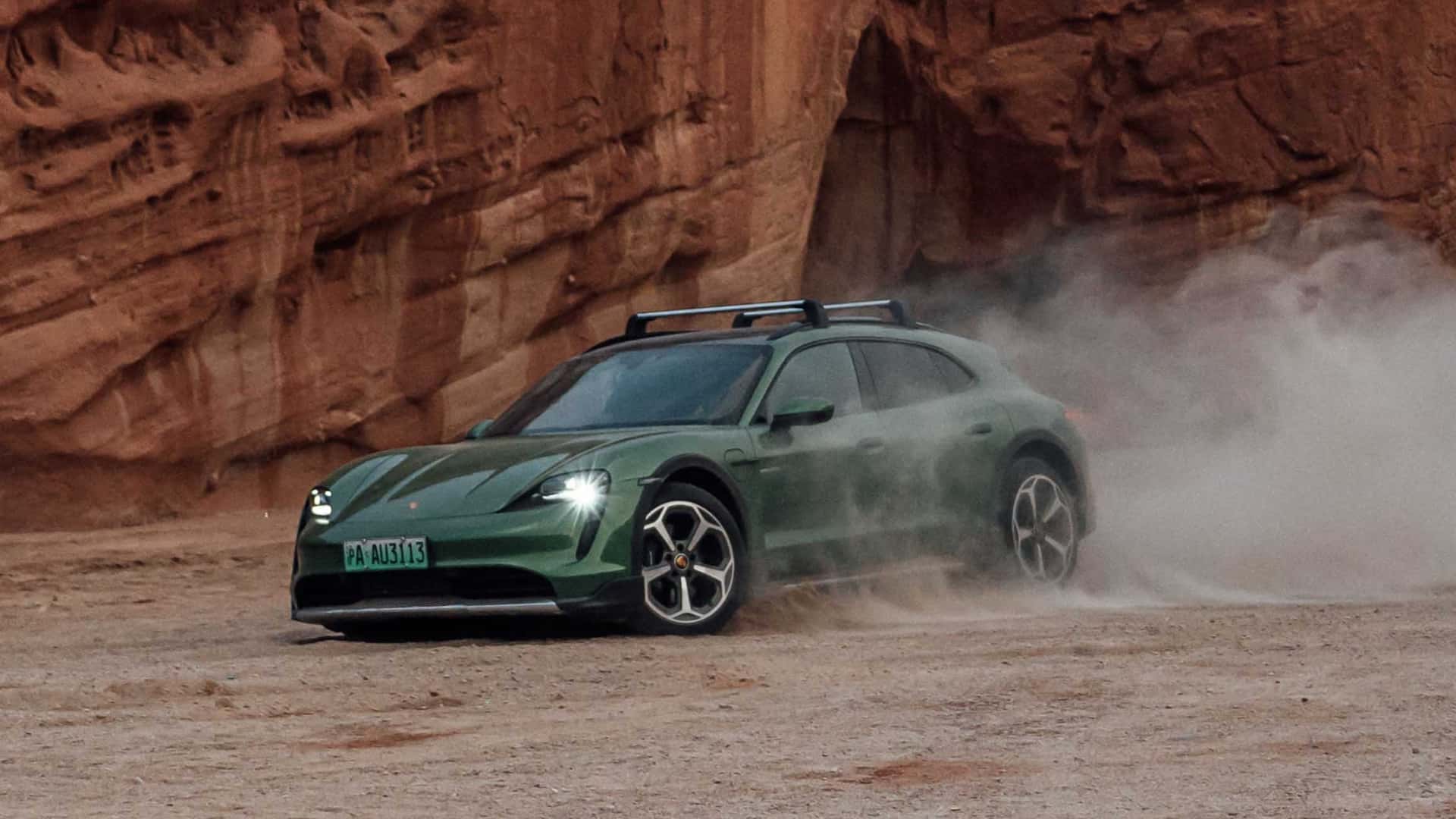Porsche, the renowned luxury automaker, is taking a unique approach to adapt to the automotive industry’s ongoing shift towards electrification. While the company aims to gradually transition most of its lineup to electric vehicles (EVs), it plans to keep its iconic 911 model series fitted with a combustion engine for as long as possible. Karl Dums, responsible for e-fuels development at Porsche, emphasized their commitment to electric mobility as the primary strategy but assured enthusiasts that the beloved 911 will continue with its traditional powertrain.
As part of its broader electrification initiative, Porsche envisions EVs accounting for 80% of its sales volume by 2030. Notably, the 911 model constituted 13% of the brand’s sales in 2022, making the goal of 80% EV sales seem feasible, assuming all other models are transitioned to electric powertrains by the specified timeframe.
See also: Porsche CEO Reaffirms Commitment to E-Fuels Development Alongside Electrification Plans
Following the success of the electric Taycan, Porsche’s next EV offerings will be the 718 Boxster/Cayman, followed closely by the popular Macan and Cayenne SUVs. The automaker has outlined plans to continue producing the ICE-powered Macan and Cayenne for several more years before phasing them out entirely, focusing solely on electric models.
To extend the lifespan of the internal combustion engine further, Porsche is investing in e-fuels, which is a separate strategy from its electrification plans. E-fuels offer a potential alternative for high-performance vehicles like supercars and hypercars due to their carbon-neutral nature. Despite emitting CO2 during usage, e-fuels can be produced with captured carbon dioxide and hydrogen sourced from renewable energy, making them environmentally viable.
Porsche’s investment in the energy company HIF Global from Chile exceeds $100 million, with the goal of constructing the world’s largest e-fuels plant in Matagorda, Texas, beginning in 2024. The automaker hopes that the European Union will allow sales of combustion vehicles using e-fuels after 2035, presenting an opportunity for their utilization in niche markets.
See also: Porsche and Partners Launch Industrial Production of Synthetic Fuels from Wind Energy in Chile
However, experts suggest that e-fuels may remain more suitable for niche applications due to their higher cost. While high-end brands like Porsche and Ferrari, as well as smaller-scale manufacturers like Morgan and BAC, have shown interest in e-fuels, mainstream automakers appear to favor full electrification. According to Pitchbook reports, major automakers have invested a staggering $1.2 trillion in electrification efforts, while e-fuel startups have received less than $1 billion in investments.
As the automotive industry continues its transformation towards sustainable mobility solutions, Porsche’s commitment to retaining the classic 911 with its beloved combustion engine and investment in e-fuels demonstrate a balanced approach to catering to both traditional enthusiasts and future-oriented trends. The upcoming mid-lifecycle update for the current 992 generation, along with the rumored introduction of a self-charging hybrid variant in the future, will undoubtedly keep the Porsche community eagerly anticipating the brand’s innovative advancements.

